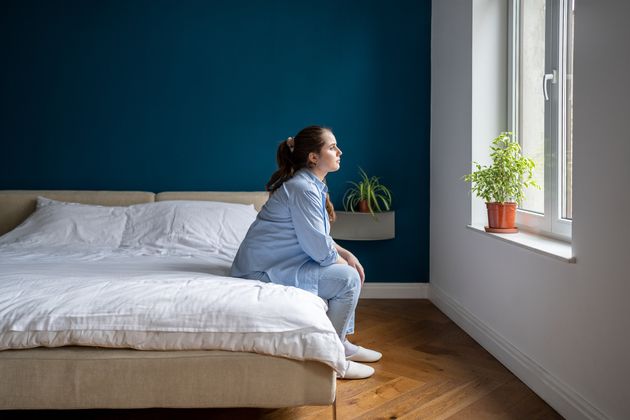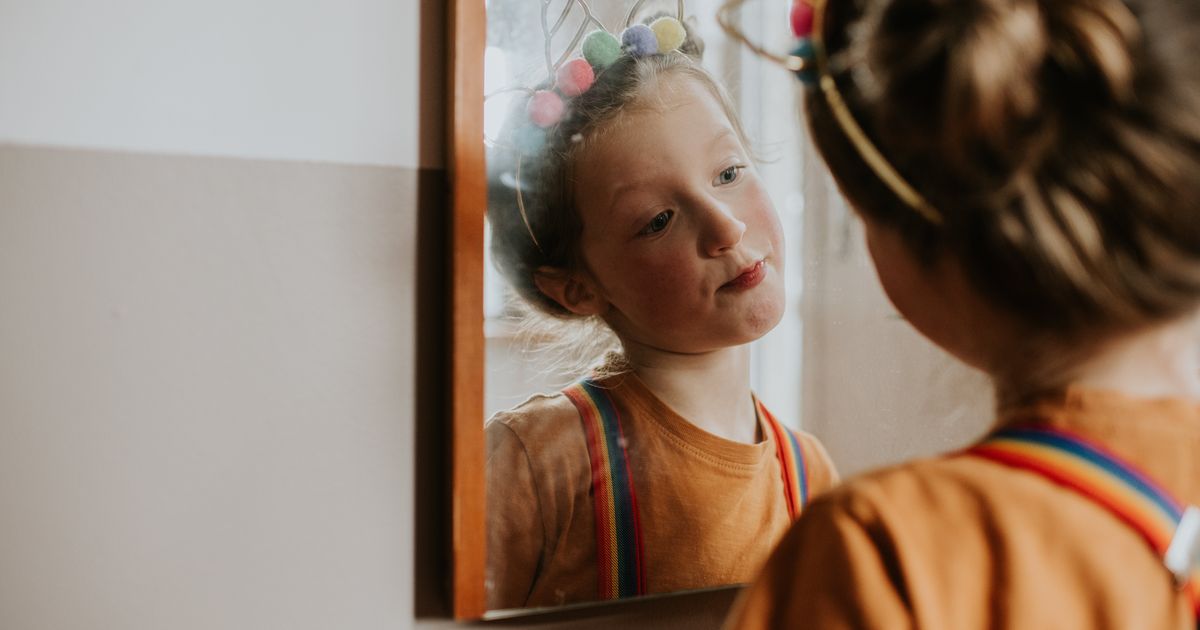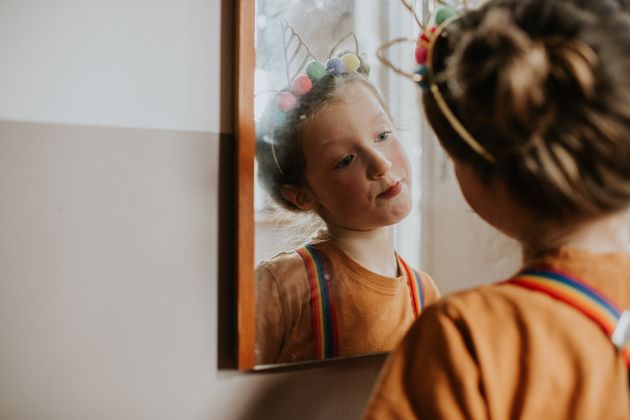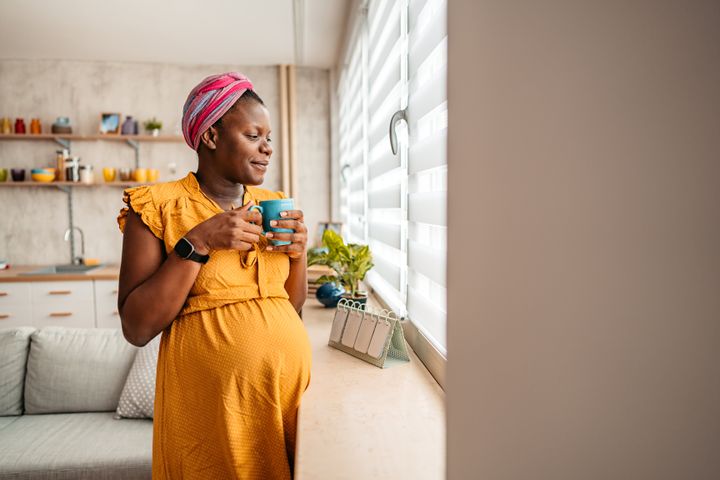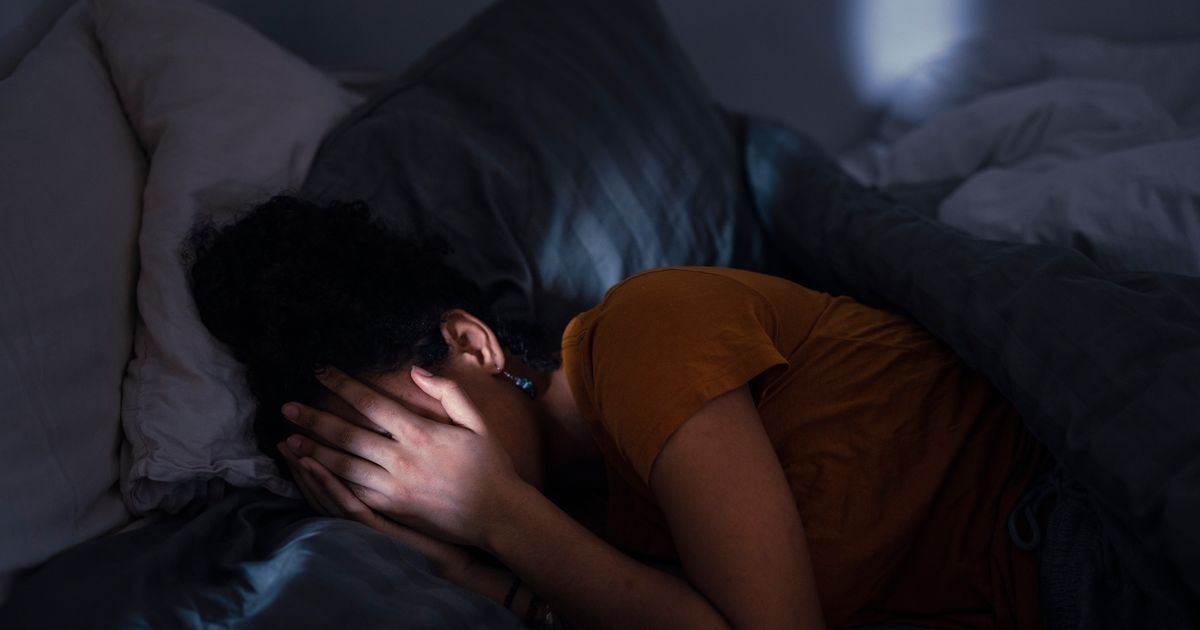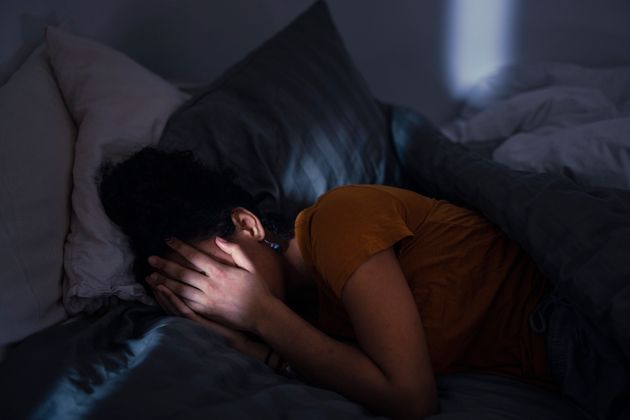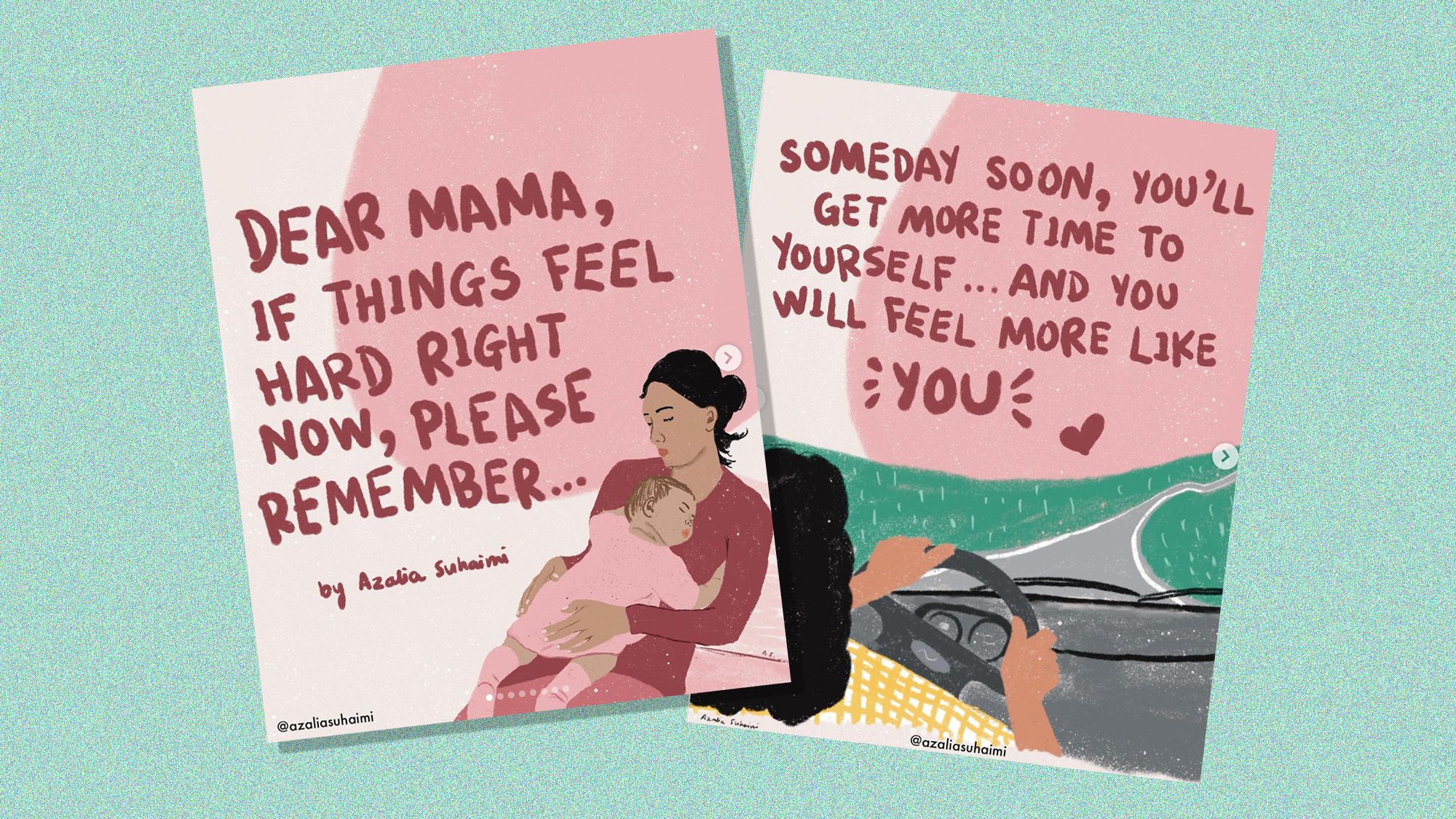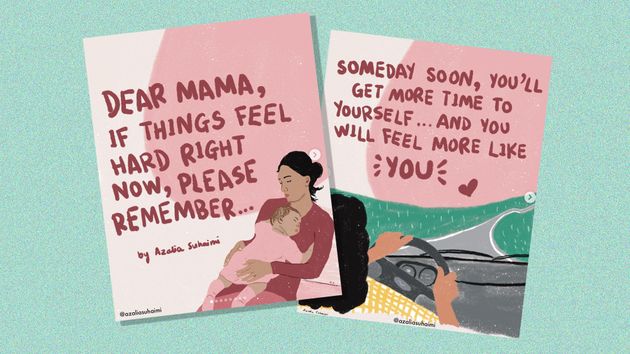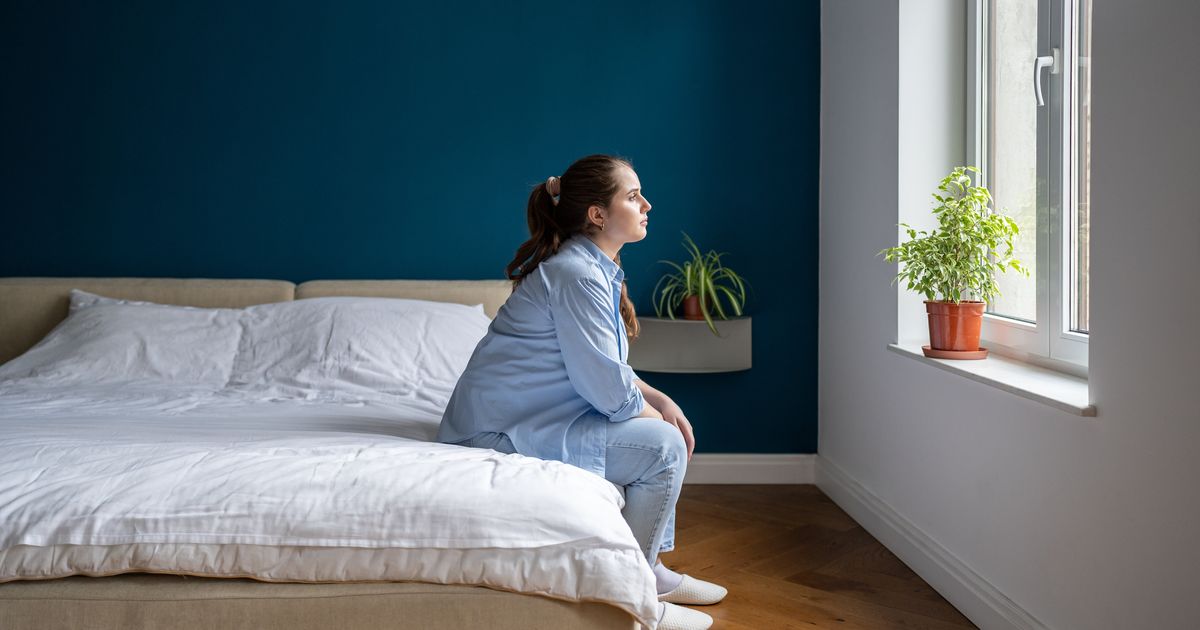
After Brexit, Covid, and now a cost of living crisis, this perhaps won’t be surprising to hear but as a nation, we’re not doing so well when it comes to happiness.
In fact, according to the LifeSearch Health, Wealth, and Happiness report, 25% of us are less happy today than we were a year ago – this level of unhappiness has not been reported in over a decade.
Advertisement
It does make sense given the turmoil we’ve faced over these years but a huge reason is also the loneliness many of us have faced since the start of the pandemic. In fact, one million people are feeling lonelier now than they were pre-pandemic and according to the report, 4.2 million Brits state that they have no friends at all.
Bestie Britain
So, it’s not all bad news, one in two Brits has somebody they’d describe as their best friend with 61% of women saying they do and 50% of men. Those that have best friends on average feel significantly happier 61% than the national average of just 26% of people.
However, outside of these besties, many of us don’t have more close friends or even people we’d consider friends at-all. 36% of us wish that we were closer to our mates with half that wished they were closer admitting they’re feeling less happy than they were a year ago.
There’s no way to avoid, even as the world begins to recover from the years that have passed, the fact that our social lives took a serious hit during Covid-19 and for many of us, the world still feels strange. Additionally, last year it was reported that one in three Brits had fallen out with friends or relatives due to the pressures of the pandemic.
Advertisement
All of this paints a worrying picture of our overall wellbeing as a nation at a time when being closer together is increasingly important.
How to make friends as an adult
This is something that can feel incredibly awkward, especially as an adult but if the Health, Wealth, and Happiness Report is anything to go by, a lot of us are in the same boat and looking to connect with the people around us as well as new potential friends.
Emma Walker, the Chief Growth Officer at LifeSearch who commissioned the study said: “Maybe it’s the nature of our busy lives or an impact of the pandemic lockdowns, but many Brits admit to not seeing their mates as much as they like and wish they had closer bonds.
“It may be no surprise to see in our Health, Wealth & Happiness study the correlation that the nation’s happiness is at its lowest point today in over a decade too. Making time and effort to build and nurture friendships could be the key to improving our happiness again.”
According to Self, some of the best ways to make friends as an adult are:
- Find a way to meet people who share the same interests or hobbies
- Try to look and be approachable as a person – put your phone away now and then!
- Have a positive attitude when meeting new people
- Invite somebody you met and liked in a group setting to hang out one-on-one
- Consider turning your work friends into real friends
- Tell people you enjoy their company!
Of course, it’s also worth nourishing the relationships that you already have by making plans, sharing new information or anecdotes about shared interests or even simply telling them that you’d like to spend time with them more often.
Most of all, know that you’re not alone in this and many people feel exactly the same way.

